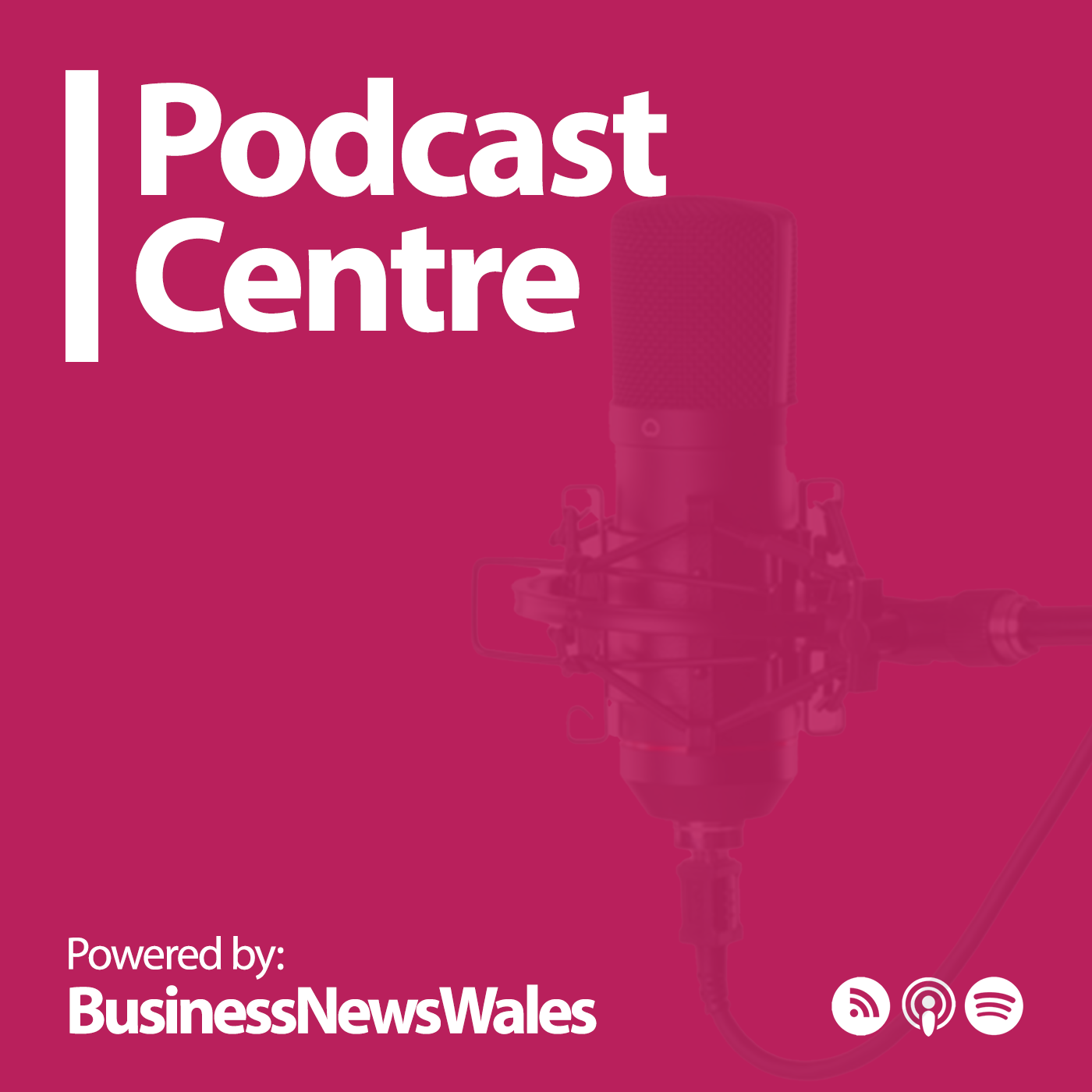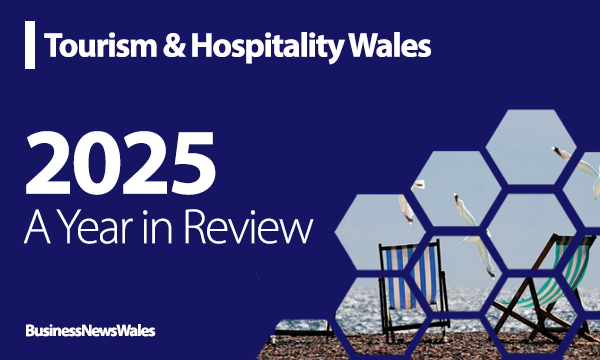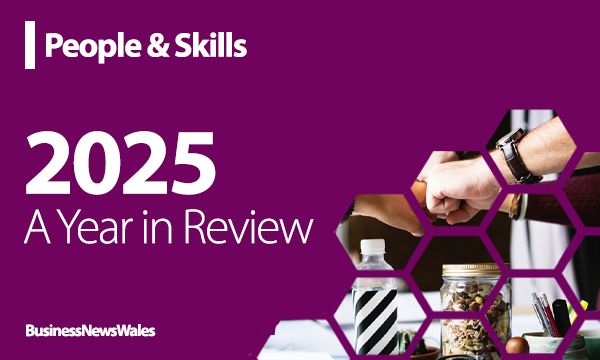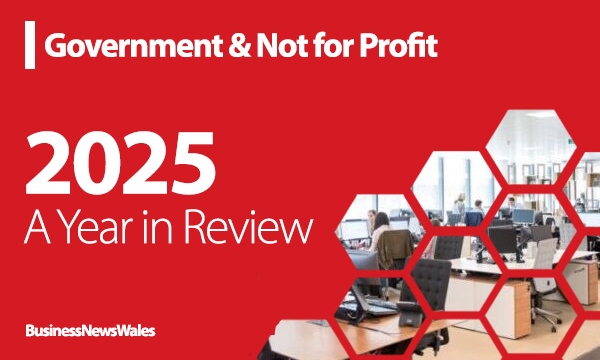
GUEST COLUMN:
Paul Thorburn
Former Welsh Rugby International &
now Business Consultant
If there’s one lesson that sport has taught me time and again, on the pitch and in business, it’s this: resilience is everything.
Not talent. Not perfect conditions. Not even a flawless plan. It’s resilience, the ability to keep going when the odds are stacked against you, that sets people apart, and it’s that same trait that lies at the heart of both great sporting achievement and long-term business success.
I’ve been fortunate to experience both worlds. From captaining Wales on the rugby field to delivering global sporting events and holding senior roles in business, my career has been shaped by the high-pressure, high-stakes environments that sport uniquely prepares you for.
Over time, I’ve come to realise that the values we live by in sport, perseverance, adaptability, teamwork, and leadership under pressure, are exactly the qualities we need to build a more dynamic and resilient economy here in Wales.
But leadership isn’t just about drive and determination. It’s also about understanding people. One of the most important lessons I’ve learned, both in sport and business is that great leadership means recognising that people are different. They have different strengths, different weaknesses, and respond to different forms of motivation. Some individuals thrive when pushed hard, driven by competitive energy and direct feedback. Others perform best with encouragement, support, and a more measured approach. The best leaders adapt. They tune in, listen, and adjust their style to bring out the best in each individual.
That’s something we see in great coaches, and it’s a mindset that belongs in every boardroom.
This is why I believe the Welsh sporting sector, and the individuals within it, can and should play a bigger role in shaping Wales’ economic future.
Sport is often seen through the lens of entertainment, or perhaps public health. But it’s so much more. It’s a strategic economic asset, a place where leadership is tested, teams are forged, and mindsets are developed that transfer directly into business, entrepreneurship, education, and public service.
When I speak with business leaders, whether running large corporations or ambitious start-ups, I hear the same recurring challenges: How do we build resilient teams? How do we create cultures that perform under pressure? How do we retain talent and inspire the next generation?
Sport has the answers. Or at the very least, it has the tools.
Athletes, coaches, and even volunteers live in a world where feedback is immediate, improvement is constant, and failure is part of the process. They know how to reset after a loss, how to lead under fire, and how to align individual goals with team success. These are not just sporting traits, they are economic assets.
Wales is fortunate to have a deep reservoir of world-class sporting talent. From rugby and football to athletics, boxing, and cycling, we’ve produced elite individuals who embody the principles of performance, discipline, and accountability. But we’ve yet to fully integrate this strength into our national economic strategy and I believe we’re missing a huge opportunity.
We should be embedding sporting mindsets into leadership development. We should be creating pathways for elite sportspeople to mentor businesses, inspire young people, and take active roles in policy and economic development. We should be building bridges between sport, education, business, and government, not only to support athletes in transition, but to tap into their insights and apply them across sectors.
We’ve already seen what’s possible. The economic ripple effects of major sporting events, from the Rugby World Cups in 1999 and 2007 to the UEFA Champions League Final in Cardiff, demonstrate what happens when sport, tourism, infrastructure, and commerce align. But that’s just the beginning.
What we need now is a coordinated effort to develop long-term partnerships between the sporting and business communities. This isn’t about turning athletes into CEOs overnight, it’s about recognising that the high-performance mindset that thrives in sport is the same mindset we need to lead organisations, navigate uncertainty, and drive innovation in a competitive global landscape.
Resilience can’t be taught in a textbook. It’s forged through adversity, when you’ve missed the kick, lost the game, or failed to meet your target, and choose to come back stronger. That’s the kind of strength Wales needs to nurture, celebrate, and apply more broadly.
As we look to the future, one that demands bolder thinking, smarter collaboration, and an unshakable belief in Wales’ potential, I truly believe the connection between sport and business is one of our greatest untapped resources.
It’s time we brought our proven winners into the heart of our economic journey.











